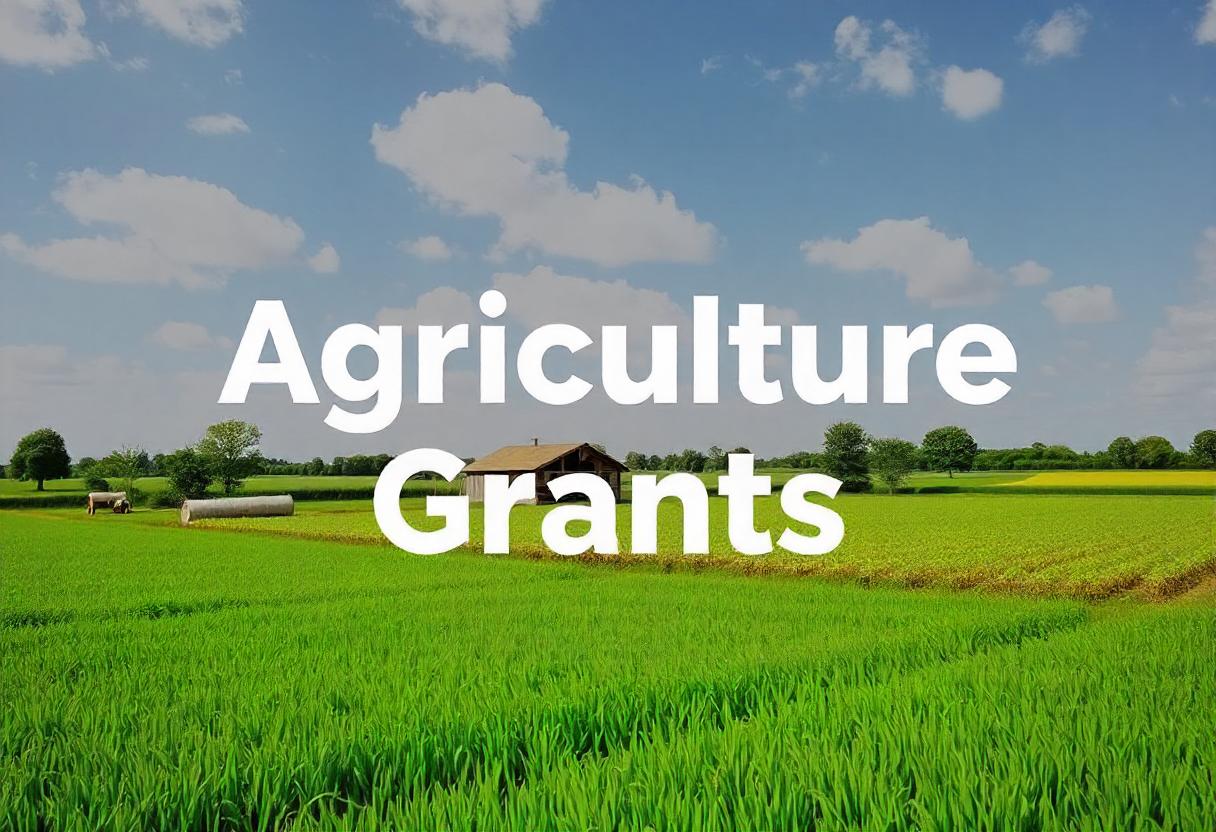
Introduction to Agriculture Grants
Agriculture grants are essential for supporting the development and sustainability of farming practices, research, and innovation. They provide financial assistance to farmers, researchers, and organizations involved in agricultural projects, helping to promote food security, environmental stewardship, and rural development.
Purpose of Agriculture Grants
Agriculture grants serve various purposes, including:
- Enhancing Agricultural Productivity: Grants can support the adoption of new technologies, improve crop yields, and boost overall productivity.
- Promoting Sustainable Practices: Funding is available for projects that focus on sustainable farming methods, soil conservation, and reducing the environmental impact of agriculture.
- Supporting Agricultural Research: Grants facilitate research in areas such as pest management, crop disease prevention, and development of new crop varieties.
- Encouraging Rural Development: Funds are used to improve infrastructure, provide training, and support community development in rural areas.
Types of Agriculture Grants
There are several types of agriculture grants, including:
- Federal Grants: Provided by government agencies such as the U.S. Department of Agriculture (USDA) and other federal bodies.
- State and Local Grants: Offered by state and local governments to support regional agricultural initiatives.
- Research Grants: Funded by institutions and organizations focused on agricultural research and innovation.
- Nonprofit and Private Sector Grants: Offered by nonprofit organizations, foundations, and private companies interested in supporting agricultural development.
How to Apply for Agriculture Grants
Applying for agriculture grants typically involves the following steps:
- Identify Grant Opportunities: Research available grants that align with your project goals and needs.
- Prepare a Proposal: Develop a detailed proposal outlining the objectives, methodology, budget, and expected outcomes of your project.
- Submit an Application: Follow the application guidelines provided by the funding organization, ensuring all required documentation is included.
- Review and Selection: Grant applications are reviewed by funding bodies, and selected proposals receive financial support.
Key Considerations for Grant Recipients
Grant recipients should consider the following:
- Compliance with Regulations: Ensure adherence to the terms and conditions of the grant, including reporting requirements and use of funds.
- Sustainability: Develop strategies to ensure the long-term sustainability of the project beyond the grant period.
- Impact Measurement: Evaluate the impact of the grant-funded project to demonstrate its effectiveness and benefits.
Examples of Successful Agriculture Grant Projects
Several successful projects have demonstrated the positive impact of agriculture grants:
- Innovative Irrigation Systems: Grants have funded the development of advanced irrigation technologies, leading to increased water efficiency and crop yields.
- Soil Health Initiatives: Funding has supported research and practices aimed at improving soil health and reducing erosion.
- Community Farming Programs: Grants have helped establish community-based farming programs that enhance local food security and provide educational opportunities.
Future of Agriculture Funding
The future of agriculture funding is likely to focus on addressing emerging challenges such as climate change, technological advancements, and the need for sustainable practices. Continued investment in agriculture grants will be crucial for fostering innovation and ensuring the resilience of the agricultural sector.